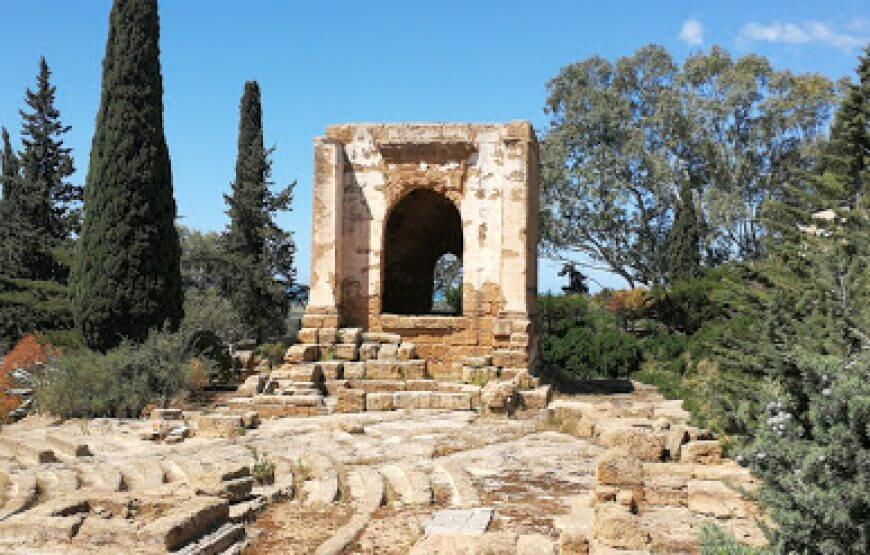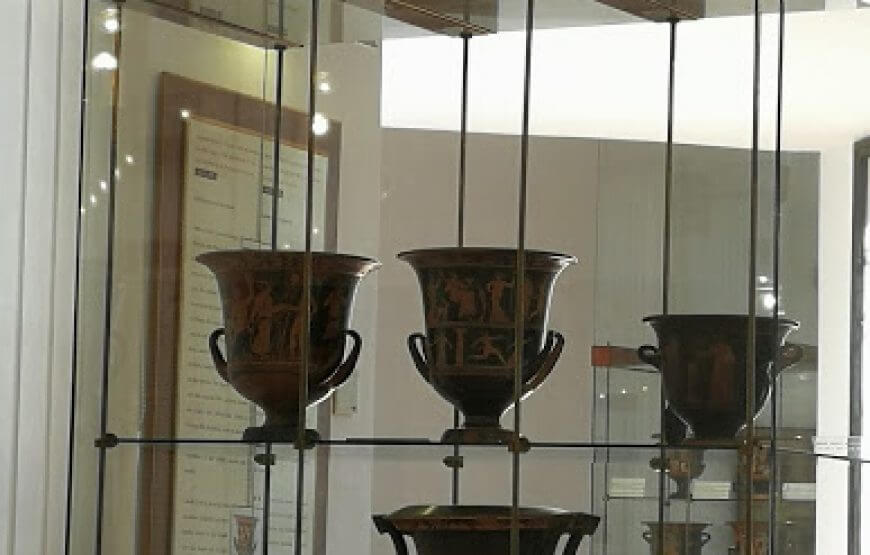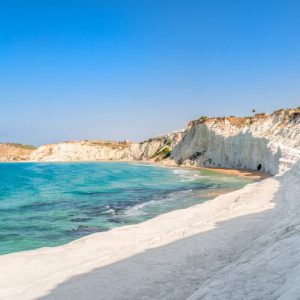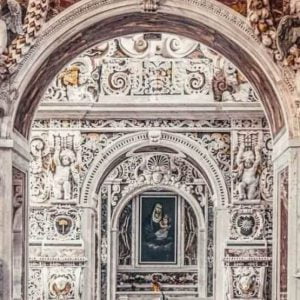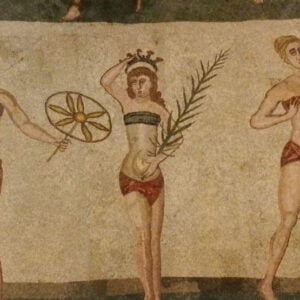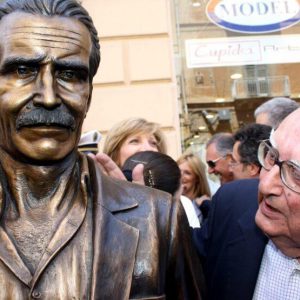Agrigento Archaeological Museum Tour
| Tour type | Day Tour, Day Trip |
|---|---|
| Duration | 3 hours |
| Group size | 2-6, 6+ |
| Language | English |
The Agrigento Archaeological Museum with an expert tour guide
The “Pietro Griffo” Agrigento archaeological Museum (or San Nicola as locals call it) is certainly one of the most important and most visited archaeological museums in Sicily. Designed by Franco Minissi, it was built in the’60s on the hillock of San Nicola where the villa of Ciantro Panitteri once stood.
It is located on the site of the upper agora of the ancient city and along the road from the Valley to Agrigento. The building blends old restored structures (Cloister of St. Nicholas) and modern ones. The 5688 artifacts are arranged both in chronological and topographical order and illustrate the history of the Agrigentan territory from prehistoric times to the end of the Greek-Roman period. With the help of our local expert, you’ll get an understanding of what life was like for the Greek settlers of Akragas and gain an insight into ancient Greek civilisation.
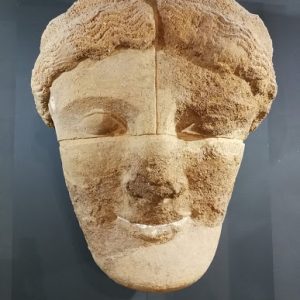
This tour can be combined with a tour of the Valley of the Temples
Agrigento Archaeological Museum Tour: highlights
- Agora of Ancient Akragas and ekklesiasterion;
- Oratory of Phalaris
- Pottery collection. Attic kraters
- Telamon from the Temple of Zeus
- Agrigento Kouros from 5th century B.C
Agrigento Archaeological Museum Tour: itinerary
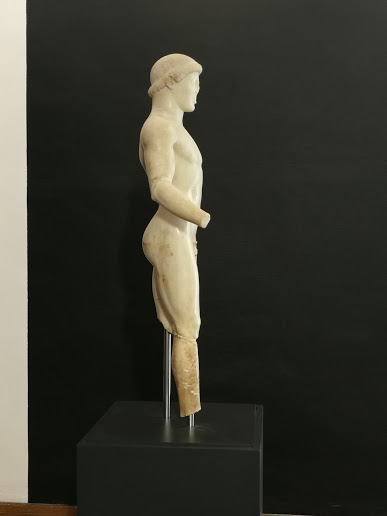
Meet your local licensed guide in front of the Church of San Nicola, a few steps away from the parking area near La Promenade Café (Via Passeggiata archeologica).
The museum offers a fine introduction to the splendors of ancient Akragas and gives an insight into the life of the Greek settlers. Our guided tour of the Archaeological Museum begins outside in front of the Gothic portal of the Cistercian Church of St. Nicholas with its magnificent Romanesque facade. We stop to admire the view of the Temples, the remains of the upper agora with the ekklesiasterion (assembly meeting place) from the time of Timoleon, the so-called Oratory of Phalaris, and the cloister of a Cistercian monastery.
We continue inside and visit the main rooms displaying figurines, ex- votoes, local pottery (Dinos with triskeles from 7 century BC), and Attic vases (among them, the crater with a scene of sacrifice, the one with Perseus and Andromeda, and the “vase of Gela.”). Particularly noteworthy are the kouros from the severe period known as the Ephebe of Agrigento and the Telamon giant statue from the Temple of Olympian Zeus


